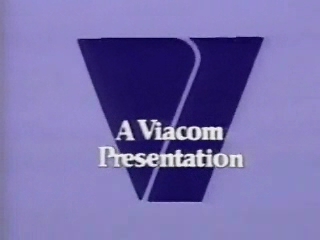As expected, the FCC has chosen Comcast as the target of its biggest net neutrality enforcement action to date. I wonder whether the FCC has actually chosen a good set of facts to serve as the foundation for what may possibly be a broad new precedent (we won’t know how broad until the commission publishes the order), considering that the commission will likely be forced to defend it in court. Like it or not, FCC decisions are required to have a “rational basis.”
FCC Chairman Kevin Martin suggests Comcast acted atrociously:
While Comcast claimed its intent was to manage congestion, they evidence told a different story:
- Contrary to Comcast’s claims, they blocked customers who were using very little bandwidth simply because they were using a disfavored application;
- Contrary to Comcast’s claims, they did not affect customers using an extraordinary amount of bandwidth even during periods of peak network congestion as long as he wasn’t using a disfavored application;
- Contrary to Comcast’s claims, they delayed and blocked customers using a disfavored application even when there was no network congestion;
- Contrary to Comcast’s claims, the activity extended to regions much larger than where it claimed congestion occurred.
In short, they were not simply managing their network; they had arbitrarily picked an application and blocked their subscribers’ access to it
Yet Commissioner Robert McDowell seems to claim that the evidence is insubstantial:
The truth is, the FCC does not know what Comcast did or did not do. The evidence in the record is thin and conflicting. All we have to rely on are the apparently unsigned declarations of three individuals representing the complainant’s view, some press reports, and the conflicting declaration of a Comcast employee. The rest of the record consists purely of differing opinions and conjecture. [footnote omitted]

 Last week
Last week  The Technology Liberation Front is the tech policy blog dedicated to keeping politicians' hands off the 'net and everything else related to technology.
The Technology Liberation Front is the tech policy blog dedicated to keeping politicians' hands off the 'net and everything else related to technology.